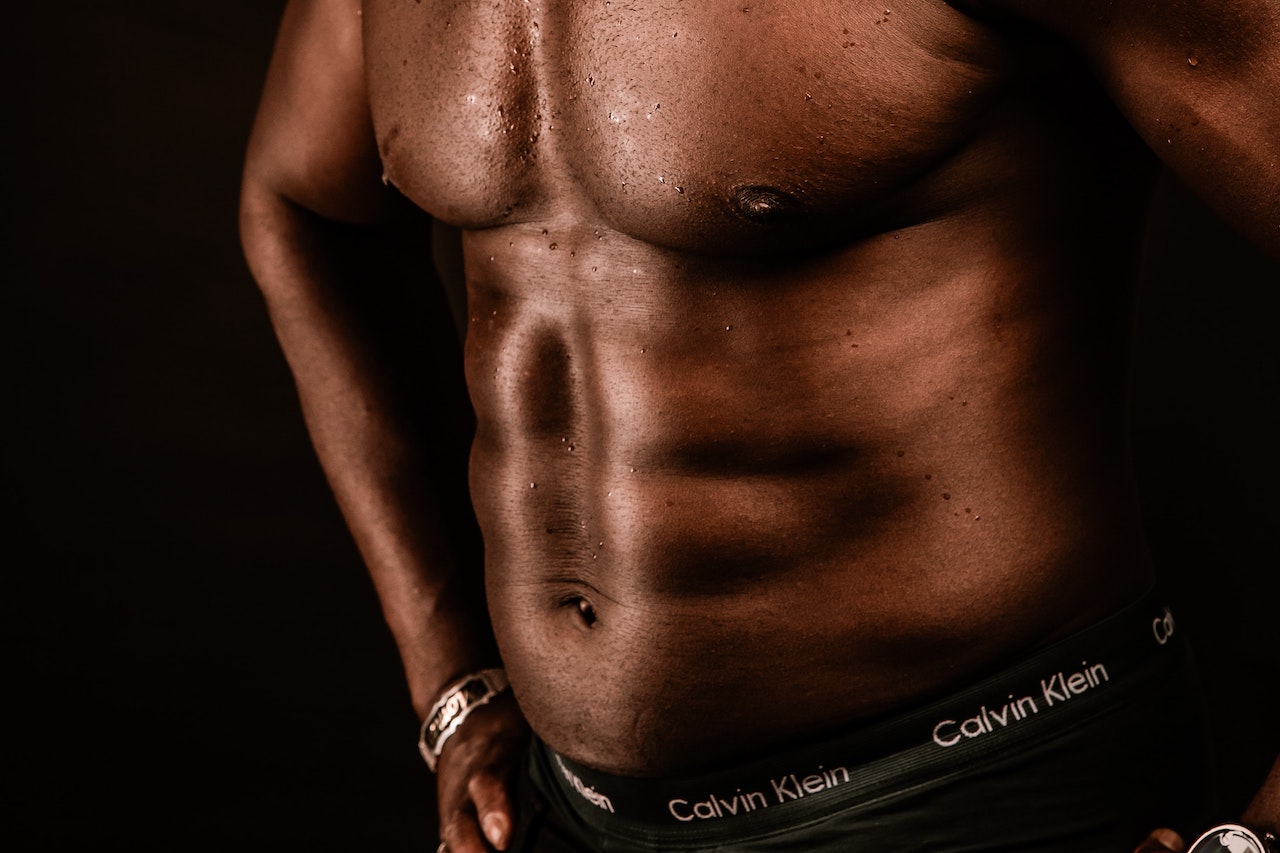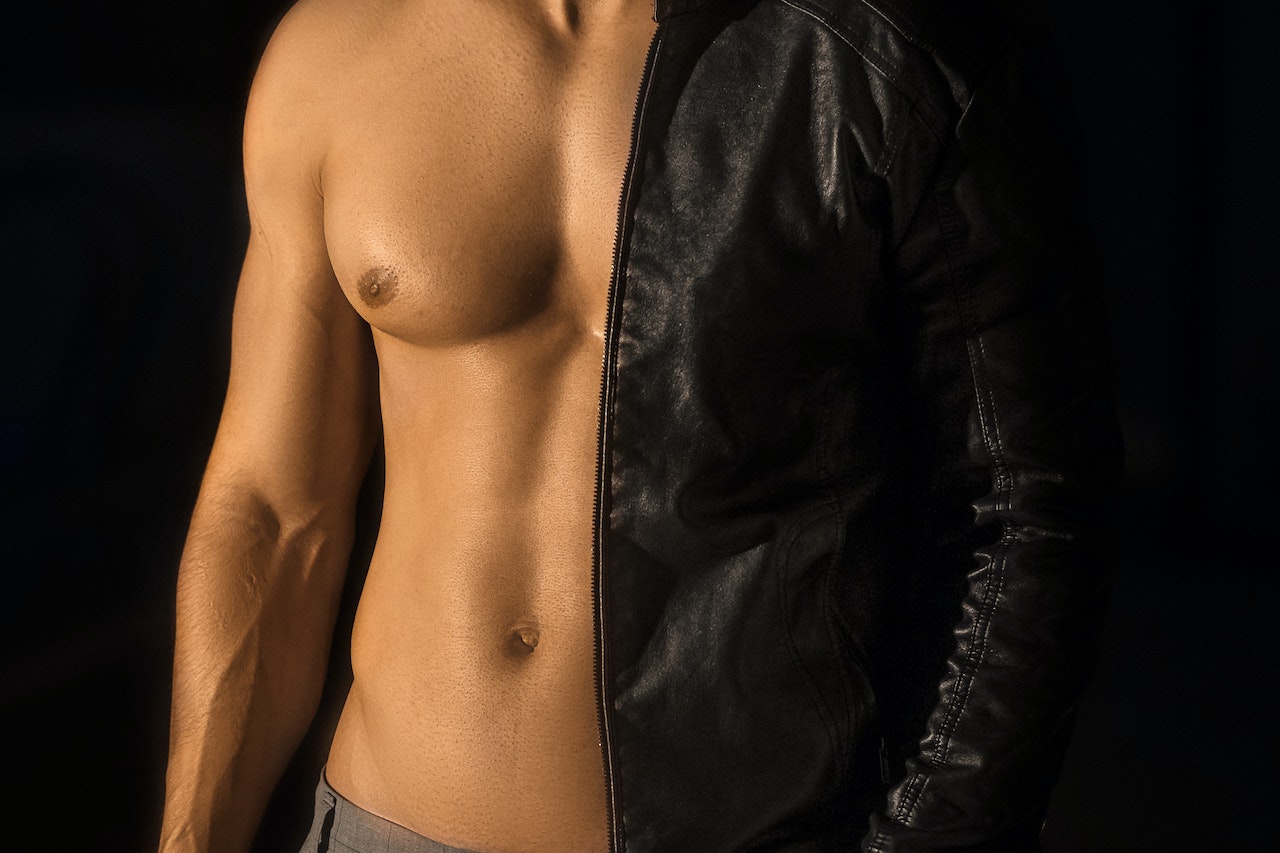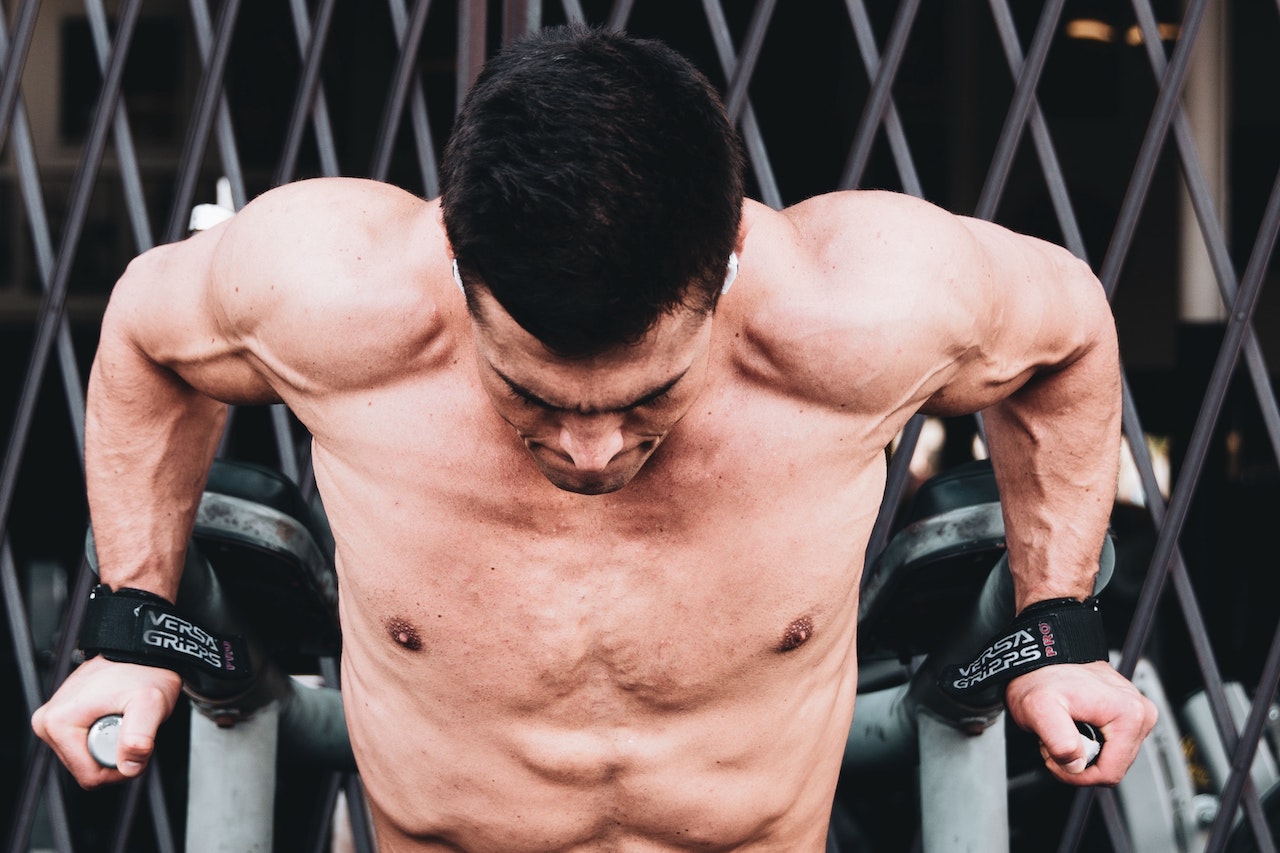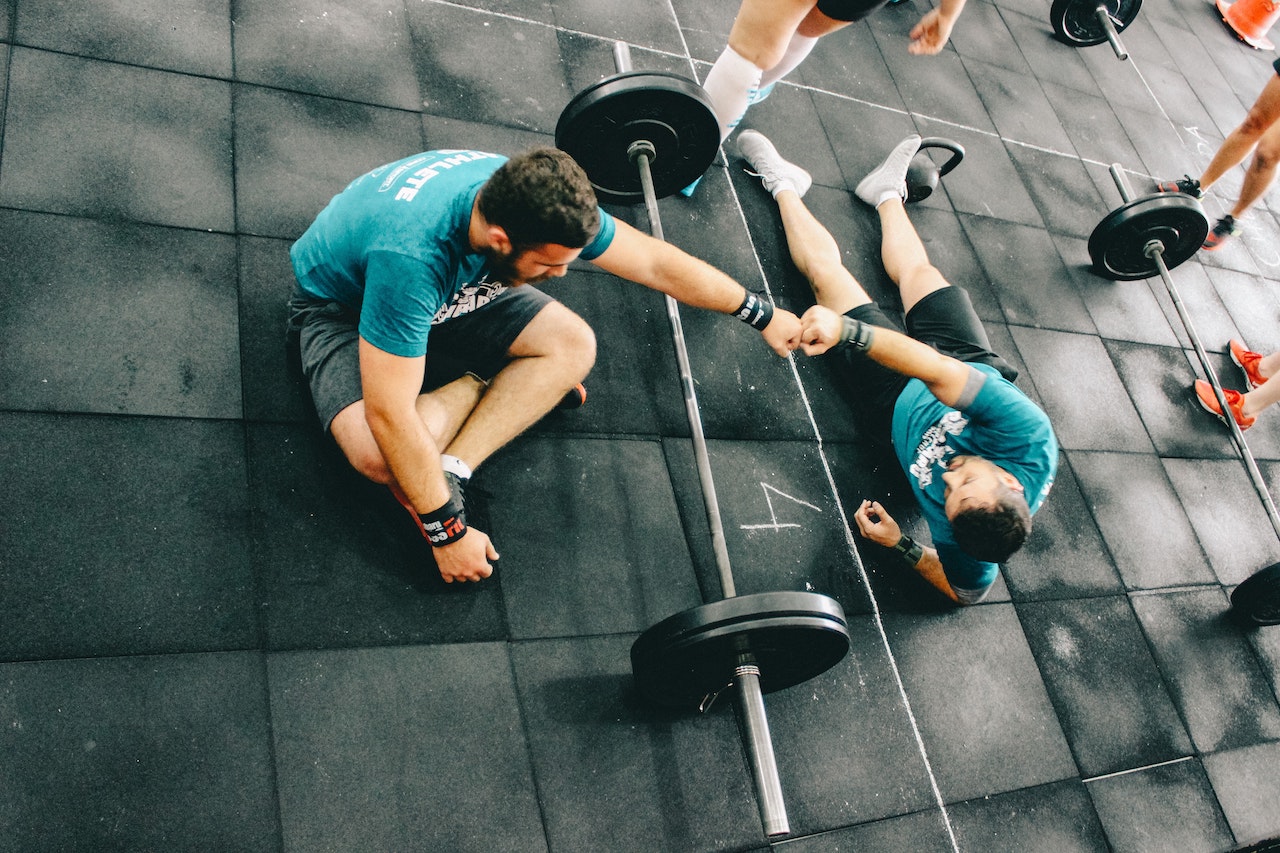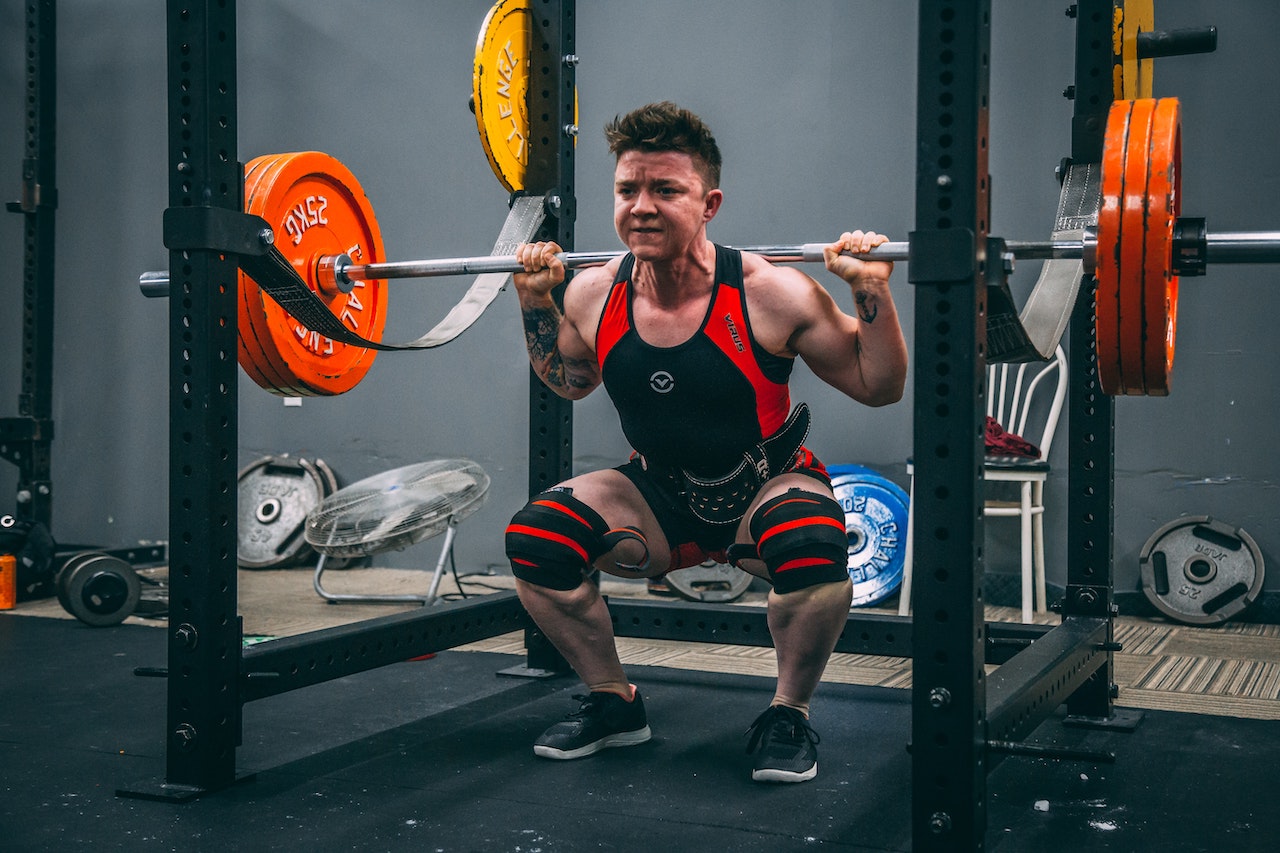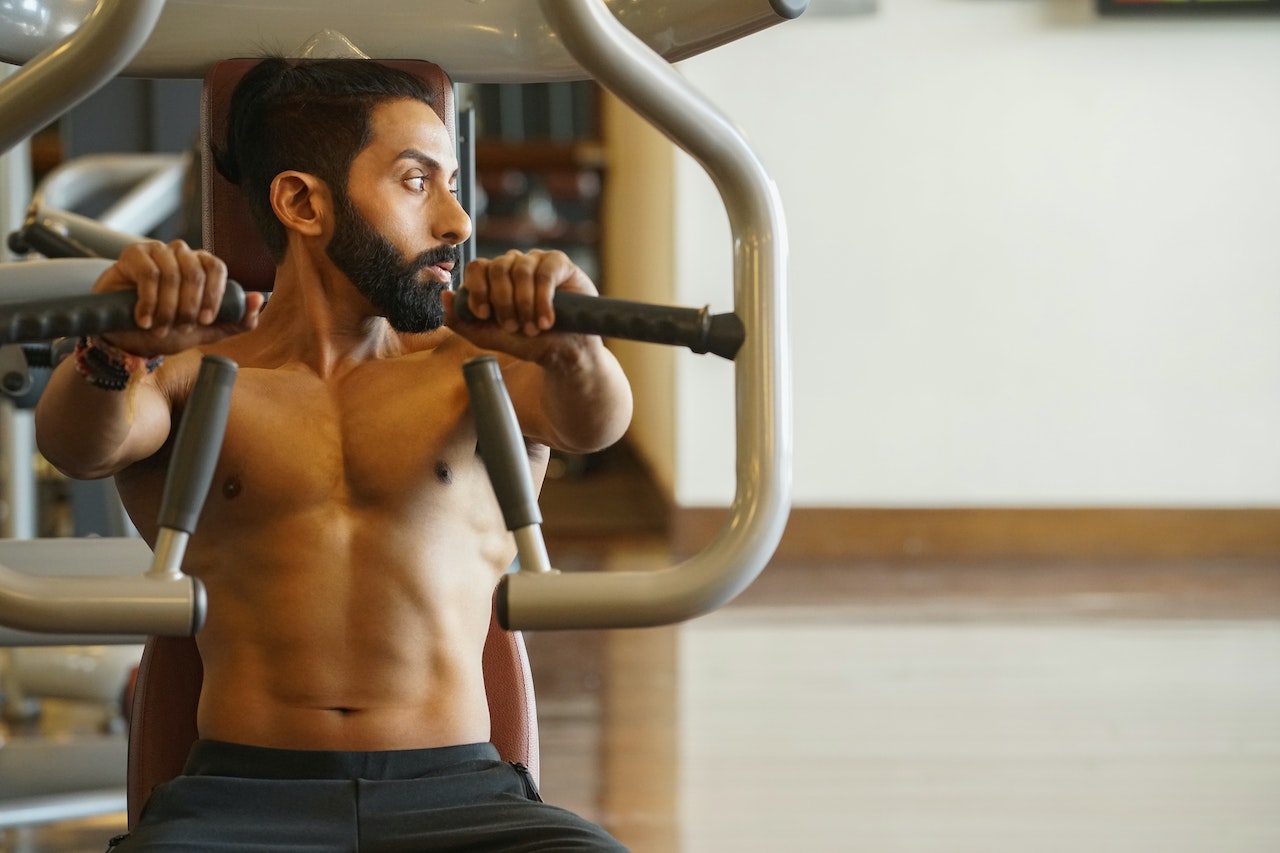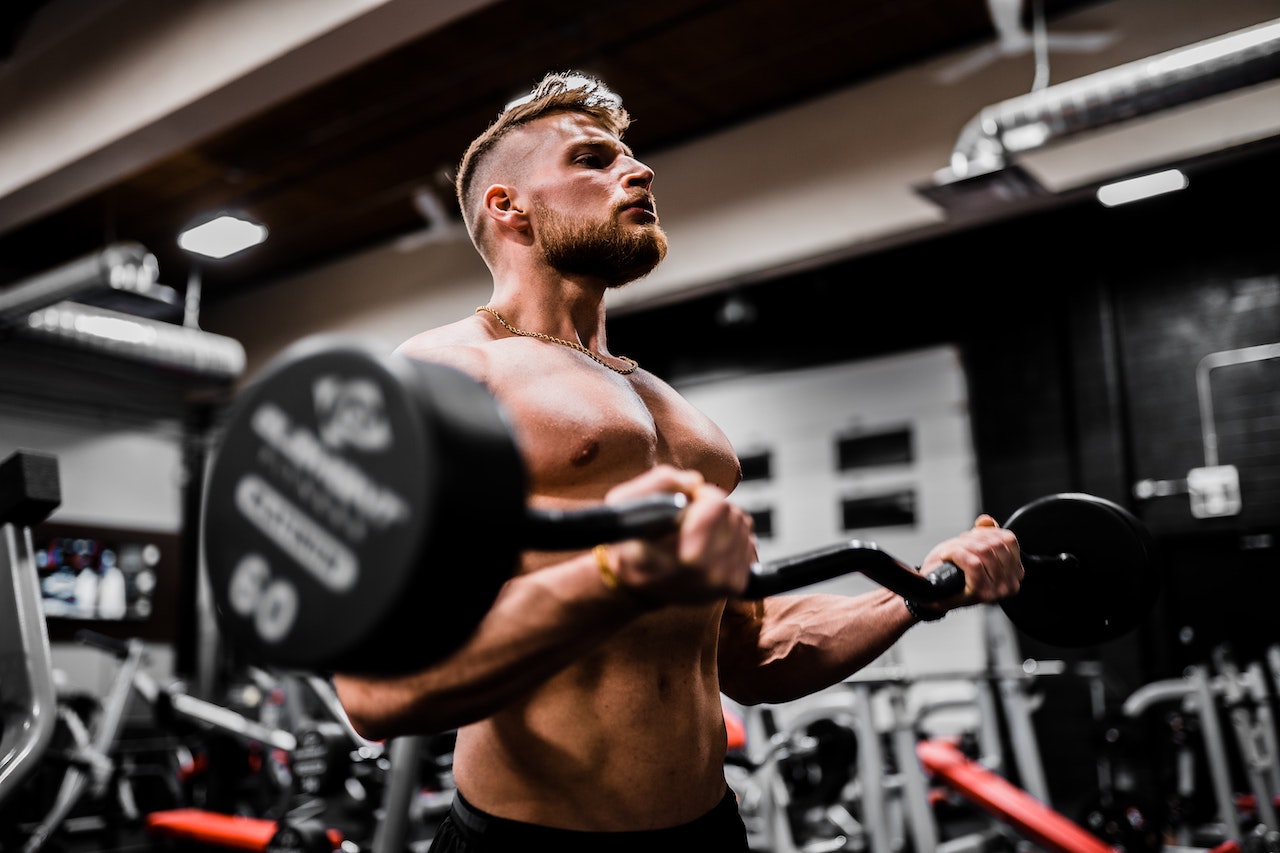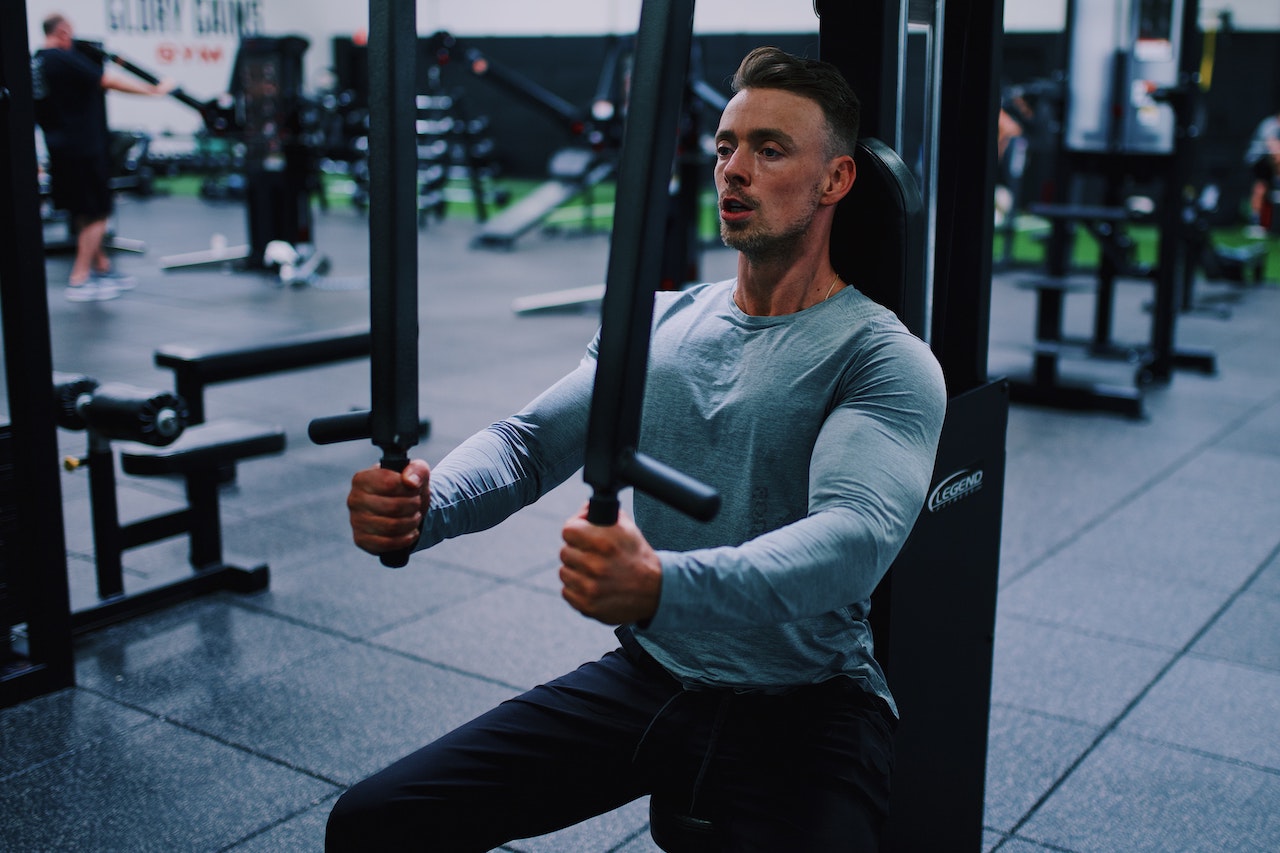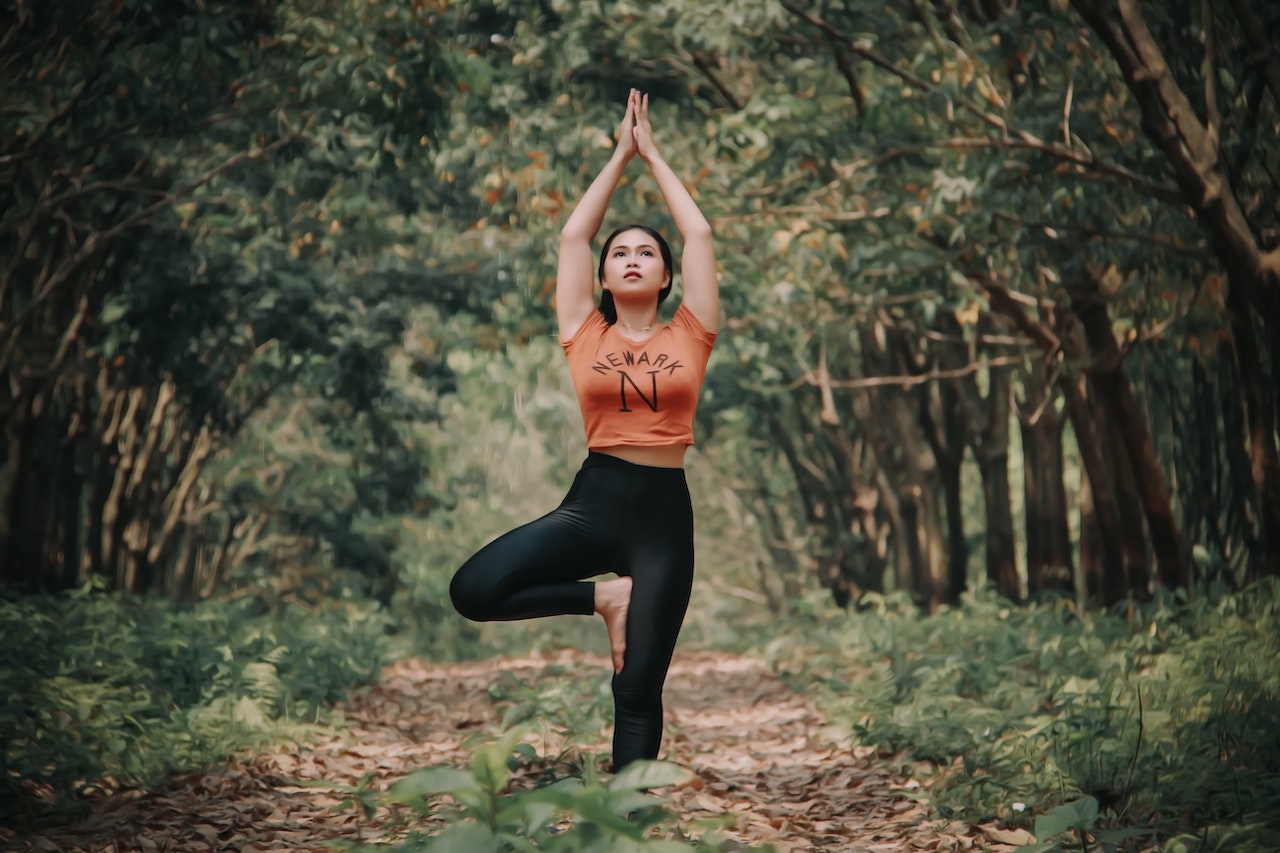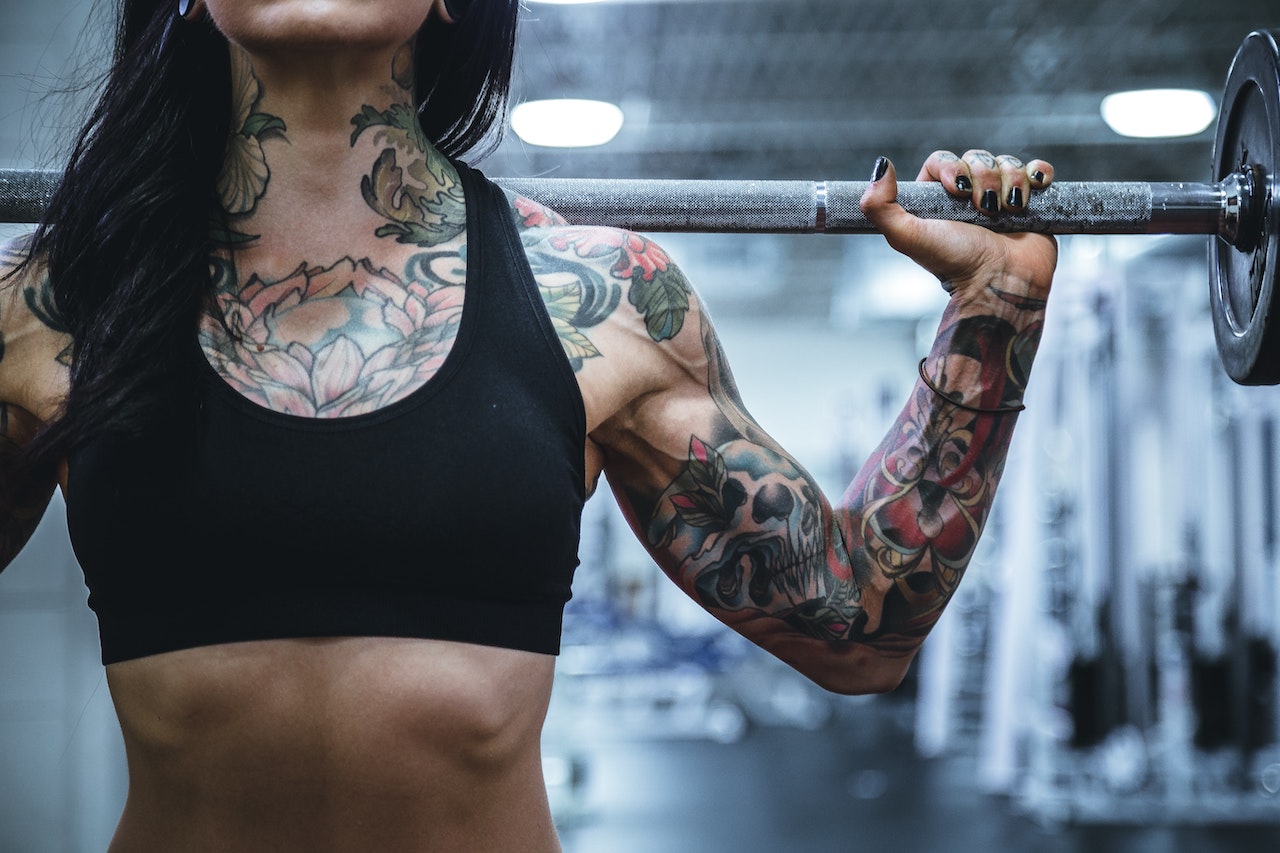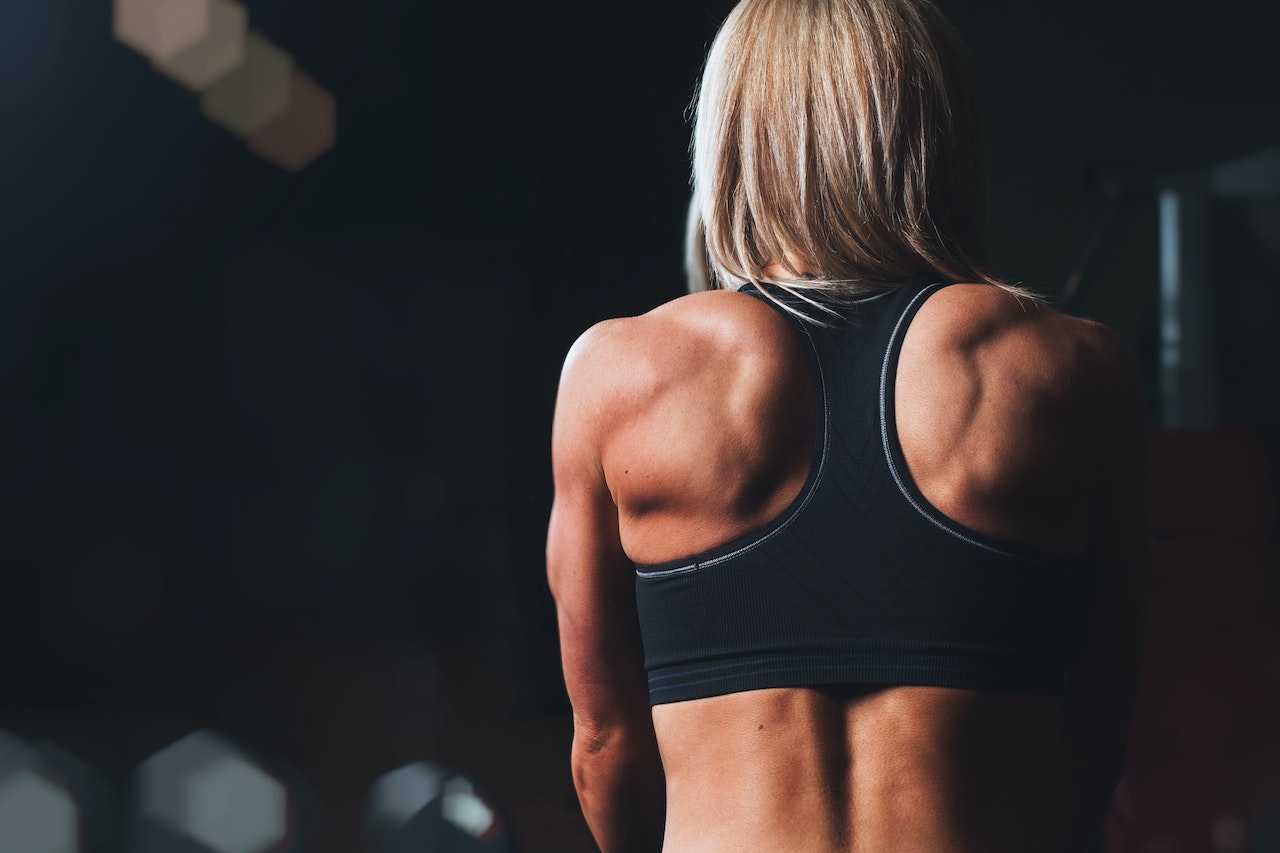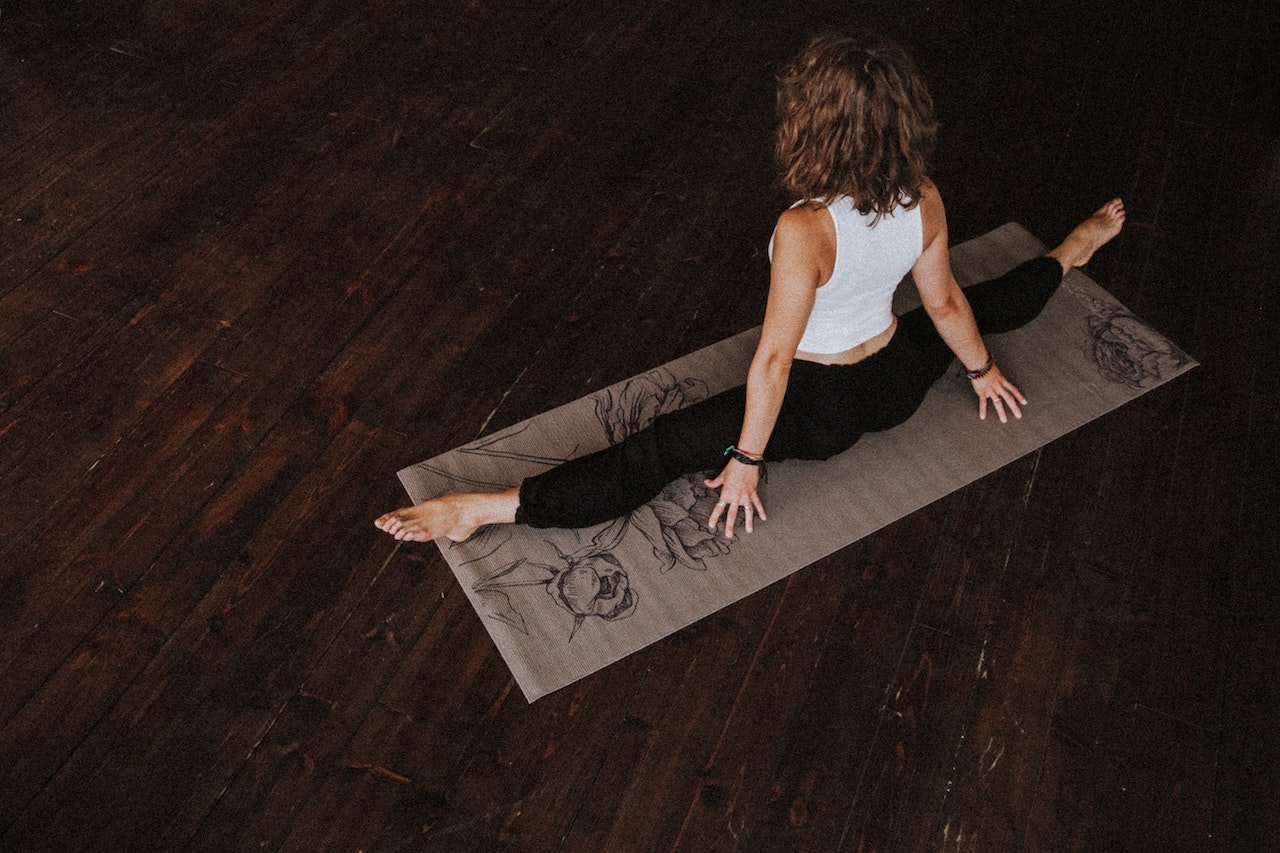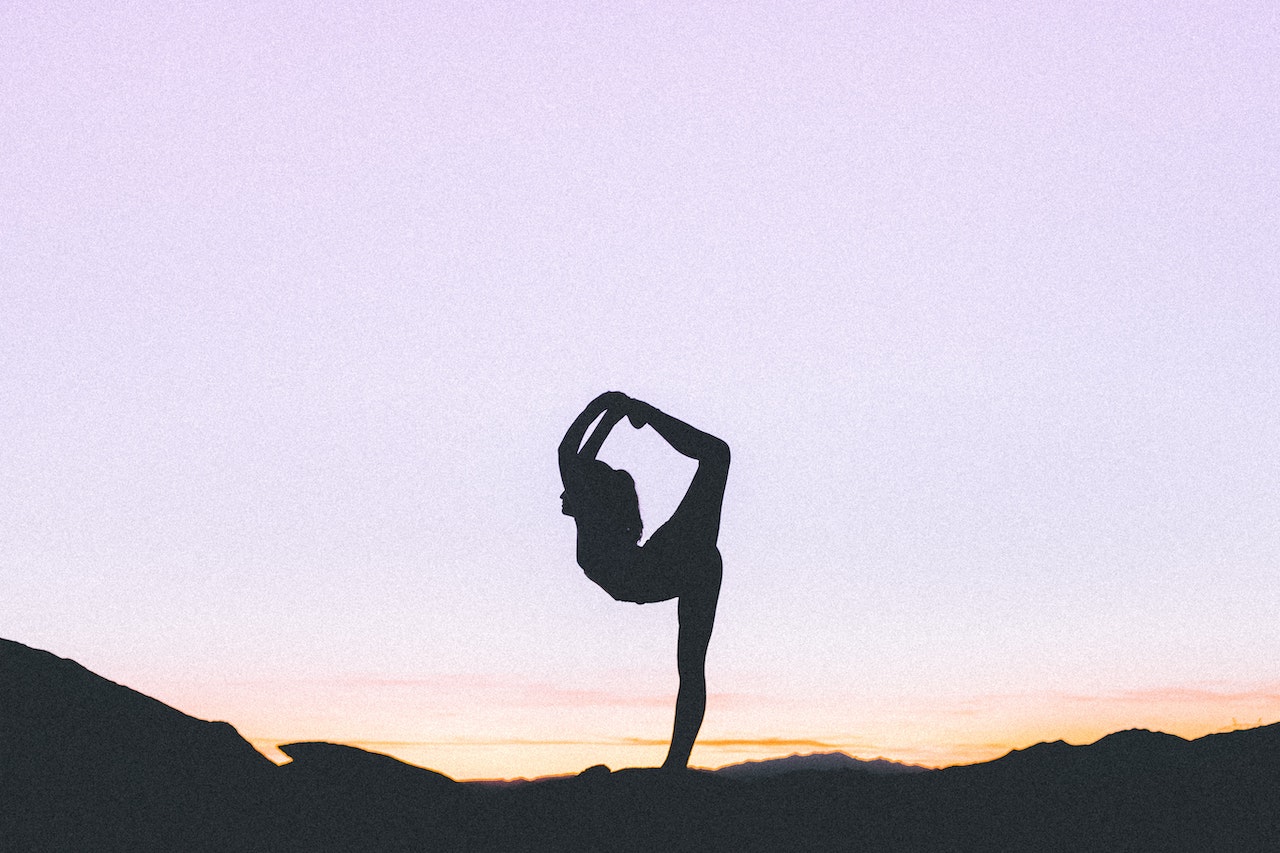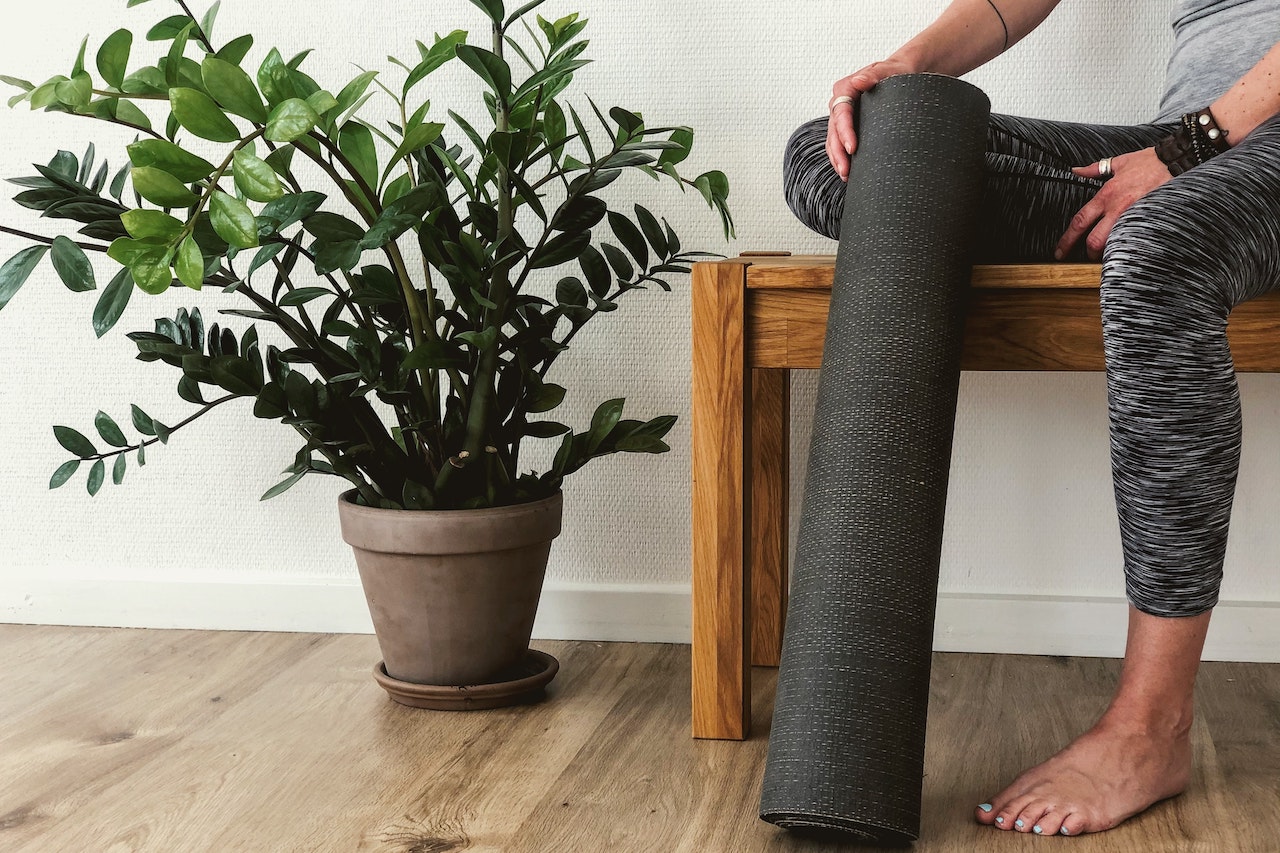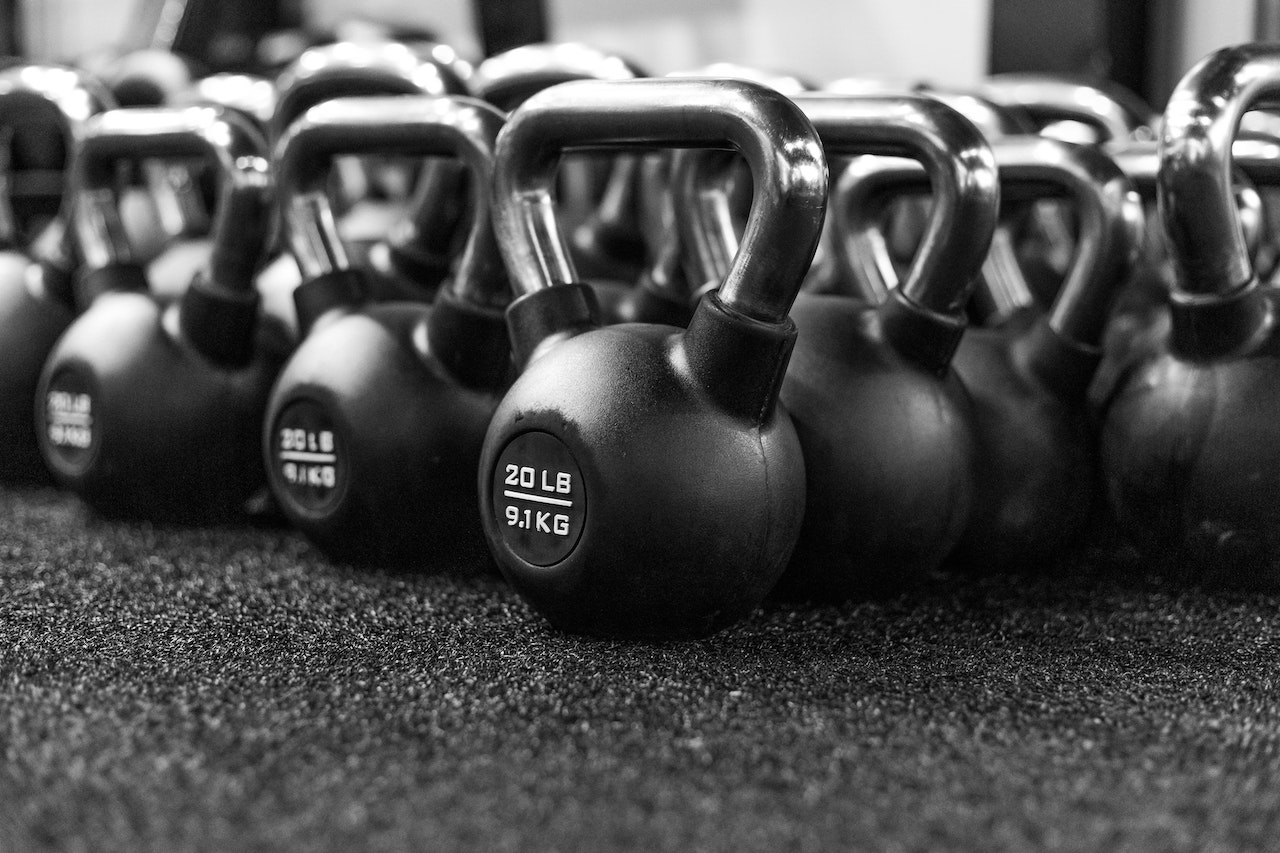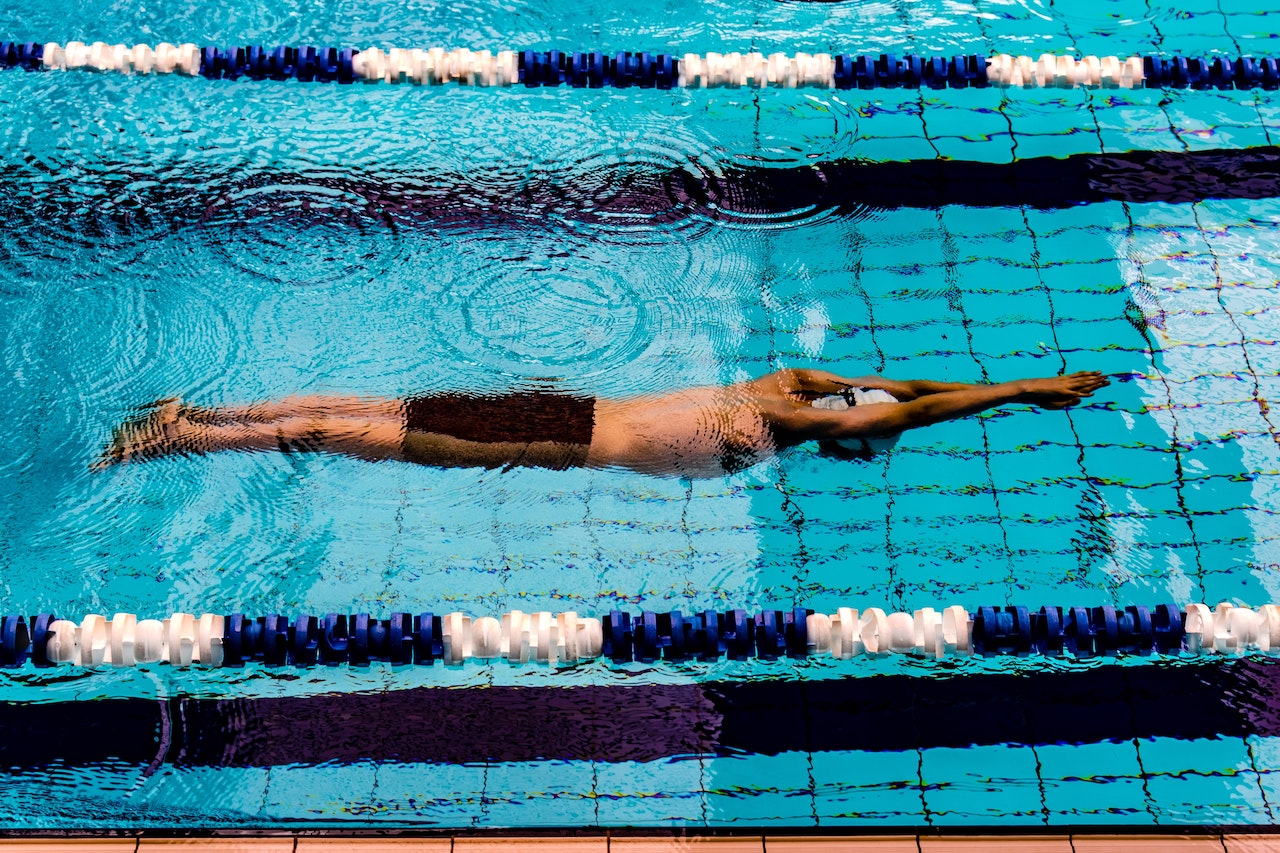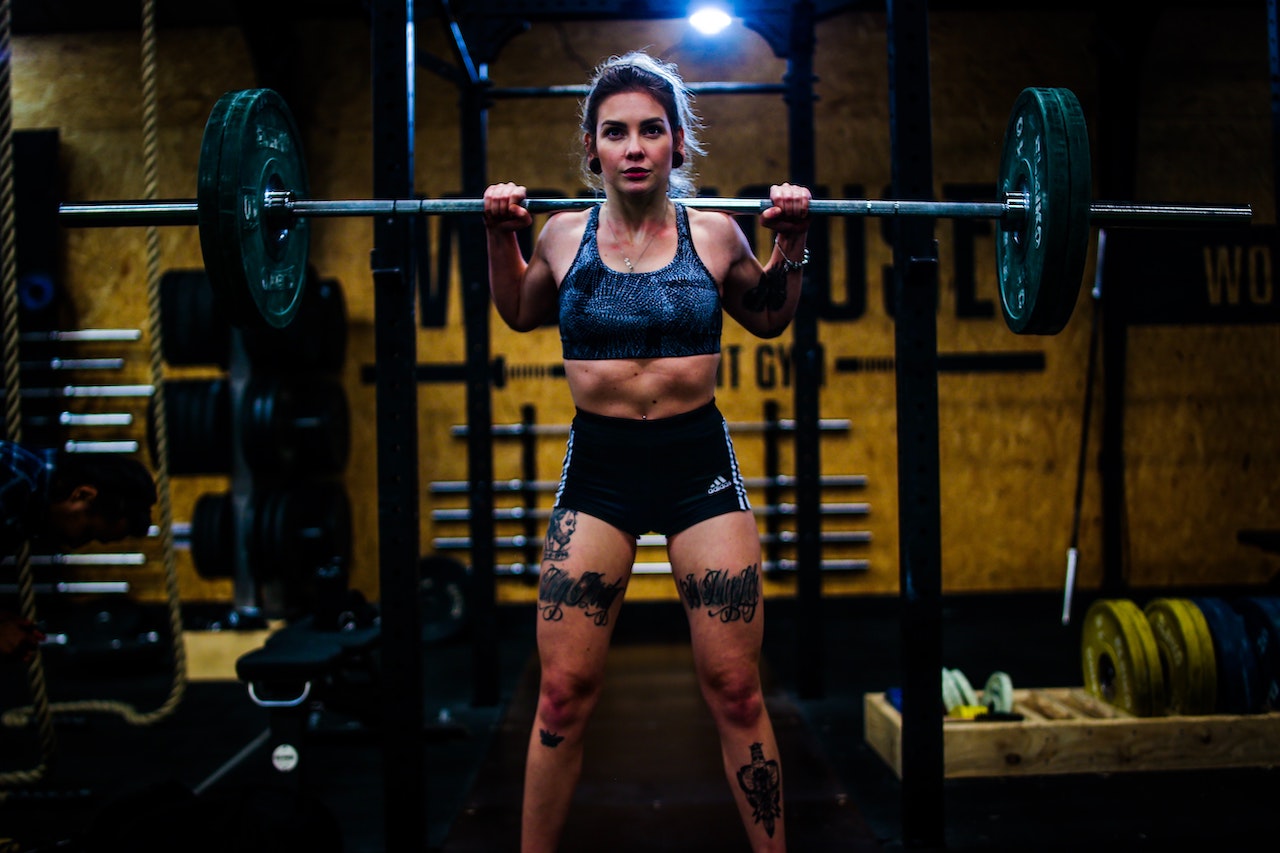outside the gym, the two most easily compared are definitely the pecs and arms, which are the two frontal muscles. Apart from these two frontal muscles, what are some ways we can add to the body? Today we talk about shoulders.
It's not easy to do a good shoulder workout, it's very complex concerning the shoulder joint, muscle bundles etc. At the same time there are quite a few exercises that can be strengthened, and whatever your current level of shoulder strength, the 9 points discussed below can give you better training results.

every little one wants bigger and thicker shoulders, but almost no one knows how to train them. The result: Too much anterior deltoid, rounded shoulders and even shoulder tendonitis.
Although training the shoulders is no more difficult than training the legs, getting them right has a huge impact on the overall development of the whole body.
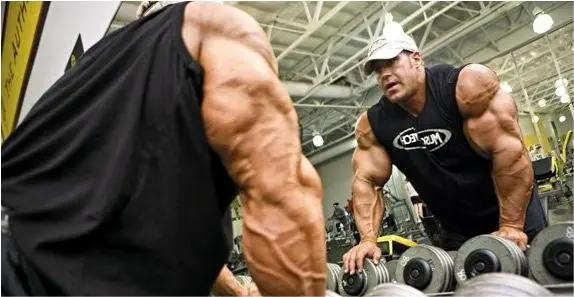
tip 1 - shoulders can withstand larger training volumes
the shoulders can take a larger training volume, a very large one.
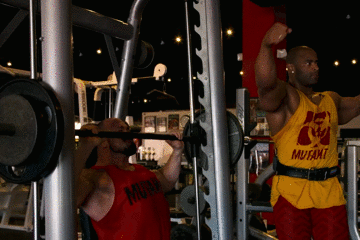
if shoulders are your training focus, you can of course train them twice a week, or you can train them once a week as a separate muscle group and then combine posterior deltoid and back training with a second workout for the middle deltoid, middle deltoid and chest.
Tip 2 - add jerks and push-ups to your training
master the jerk and push. Trained in place, the jerk and push press are great movements to stimulate the nervous system.
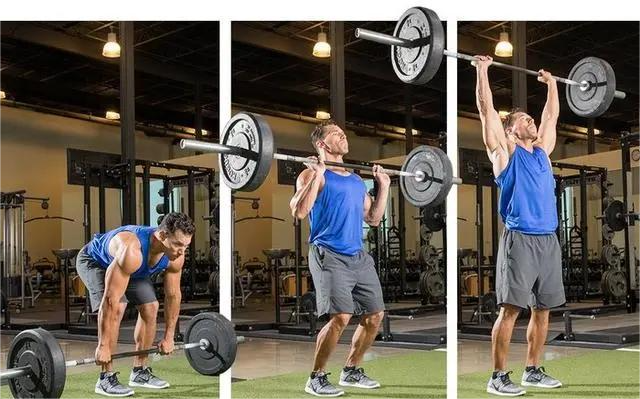
doing a few sets before the workout starts can greatly enhance the muscle building effect. It is not necessary to use too heavy a weight, just do 4 sets of 8 with 60% of the maximum weight.
Tip 3 - lean inwards when pushing
when training, shoulder presses often become a triceps exercise. This is also true, but it does not achieve your goal.
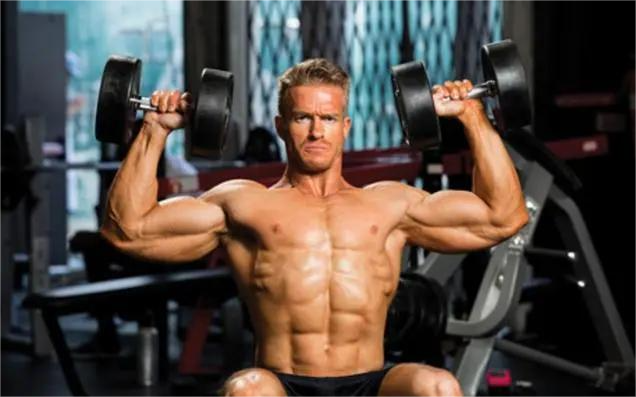
if training with a barbell, try applying pressure inwards as if you were breaking the barbell; if you are using dumbbells, then keep your thumbs lower than your other fingers.
Tip 4 - slow down each shoulder training movement
slow down, this applies to any movement, many pals do shoulder training usually haphazardly. This can lead to shoulder inflammation, overdeveloped trapezius muscles and muscle imbalance.
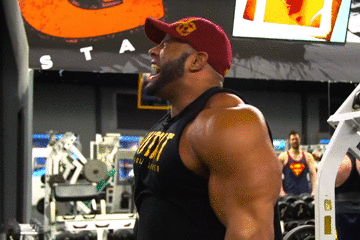
if borrowed force or inertia is used to start the centripetal phase, the body does not have the opportunity to properly activate the muscle fibres. Be sure to create tension in the shoulders before starting the exercise.
Tip 5 - tighten the core
tighten the abdominal muscles. If you look at most of your buddies doing seated dumbbell push-ups from the side, you will notice that their lower backs are away from the chair. In fact, this puts them in an upward sloping dumbbell bench press position, which is great for the chest, but not so great for training the shoulders.
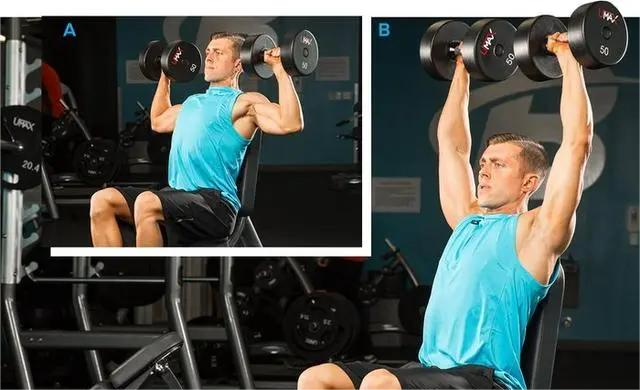
leaning back at the hips and tucking in the abdomen keeps the body stable and raises the shoulder muscles properly.
Technique 6 - elbow drive to stimulate the middle deltoid bundle
move the elbows, not the wrists, and all movements targeting the middle deltoid bundle should start at the elbows.
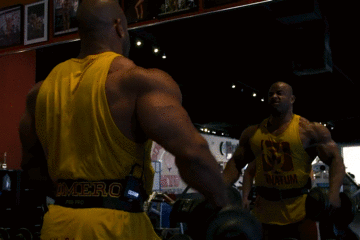
the first thing some guys think of is moving the wrist, which can lead to pronation of the trapezius muscle. The body develops inertia to the movement, so if the first muscle to fire is not the target muscle, then the movement is wasted more often than not. Imagine having a rope at your elbows and pulling them towards the ceiling rather than going for a wrist tear.
Tip 7 - tilt the dumbbells up on the side planks
the middle deltoid bundle does the most work when you turn your wrists slightly and the dumbbells are tilted slightly downwards. Start doing side planks with the dumbbell handles at 1 o'clock/11 o'clock.
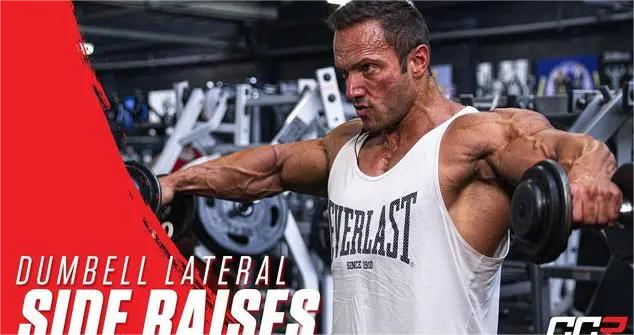
tip 8 - put the barbell upright row to one side
do not do the barbell upright row. Advanced bodybuilders do barbell upright rows. However, the average person who practices it will not make significant progress. Upright barbell rowing is uncomfortable for the wrists and shoulders, especially when pulled above chest level.
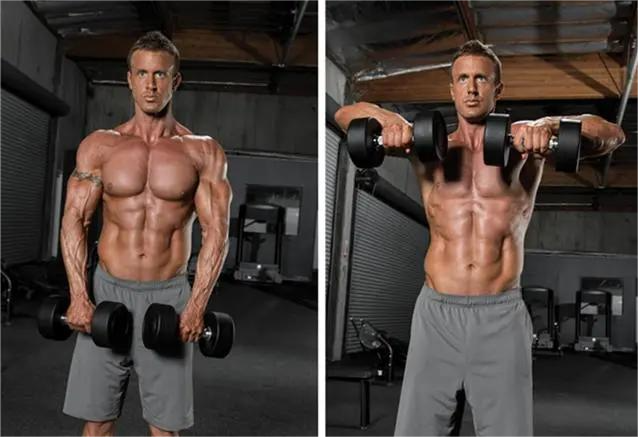
stand on a step with your body leaning slightly forward and the dumbbells in front of you, palms facing backwards. At the start of the movement, the dumbbells begin to pull upwards and elbows to the sides, with the dumbbells forming a v.
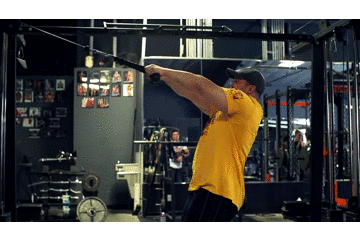
tip 9 - training the upper back
don't neglect the upper back. Most shoulder accidents are due to overloading the front of the torso during push-ups without creating a balanced back. Do rope face pulls, butterfly machine reverse flyes etc. Before training the upper body.

remember these tips to get the facet muscles strong enough, but also to strengthen the shoulders wide!

